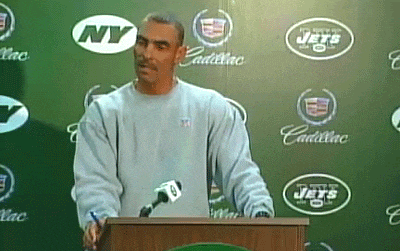- Joined
- May 17, 2020
- Messages
- 1,707
The green, then the scramble gets me in trouble. Where a pitch out is the right choice, that little line through the trees might just work! And when it doesn't...dammit man, get your head out!
I'm pretty good about having the mindset to lay up or pitch out. But I'm terrible about getting too greedy about it.
I might have a 300 foot water carry that is low percentage for me, but the hole has a bail out left. Instead of throwing putter/Roc, I'll throw an overstable driver, try to bite off too much, and end up laying in. Same for the pitch out. I know not to go for the low percentage 200 foot shot at the green, but instead of throwing into the fairway to set up a stock 200 foot hyzer, I try to bit off 75 or 100 feet. And a lot of time, I don't make it out.

